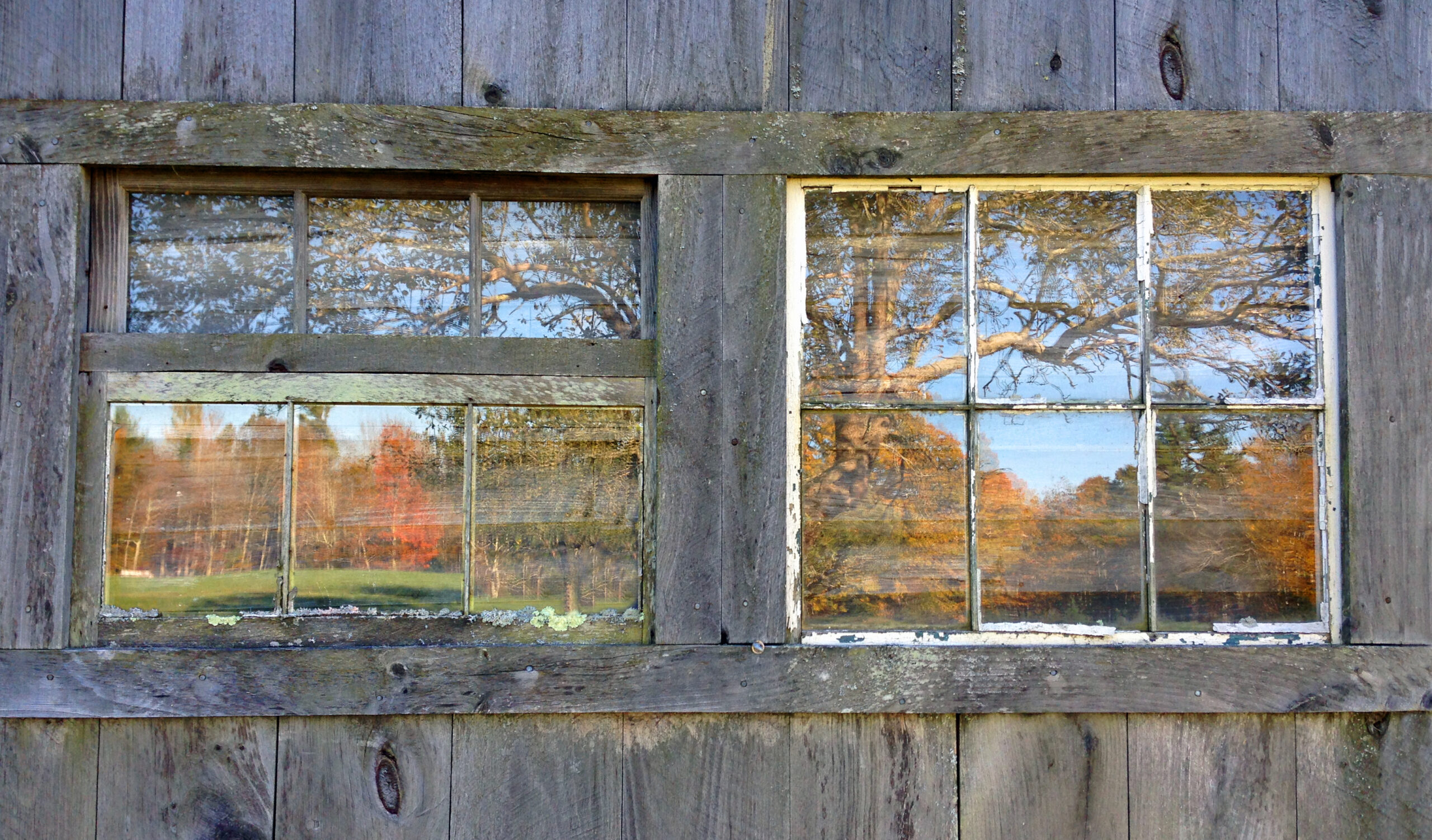
I suggest that many Americans emulate the mythic cowboy in their inability to remain focused on formulating and implementing a sensible COVID-19 policy that takes into account and balances off the reasonable arguments to be made for both immediate, proactive interventions against the virus and the need for longer term plans that lead eventually to sustained collective immunity in not only their own country, but also the entire world. There is no fist fight to win, no town to leave, and no siloed attention to just one suffering patient. The American cowboy doesn’t belong in the American movie about pandemics.
American Policy Formulation
At this point, I will leave the world of our mythic American cowboy and turn to the much more realistic challenges that faced American policy makers over the past couple of years and will turn once again to the thoughtful observations being made by Nicholas Christakis (2020). While I am moving from myth to reality, there are some important parallels to be drawn between these two domains (as there often are in the collective culture of any society).
First, there is a long history of Americans operating like deranged cowboys during a pandemic—most notably during the Spanish Flu of 1918 that killed many Americans (and others around the world). In America there was a major super-spreader event that occurred in Philadelphia. The Philadelphia effect (Spanish flu) illustrates the imposition of economic contingencies when formulating (especially short-term) health care policies. Christakis (2020, p. 72) offers the following description:
Philadelphia was among the hardest-hit American cities, along with other densely populated industrial cities such as Pittsburgh, Lowell, and Chicago. The initial wave of the flu came to Philadelphia on a British merchant ship. The health director of the city, a gynecologist named Wilmer Krusen, had to decide whether to shut down the city entirely or take more limited measures. The problem was that a parade in support of the war effort was planned for September 28, 1918 (not dissimilar to the large meeting of the Chinese Communist Party in Wuhan in 2020). It was not canceled, and an estimated two hundred thousand people–over one-tenth of the population of the city-attended. The Philadelphia Liberty Loans Parade was two miles long and even had a marching band led by John Philip Sousa. Within two days, hospital capacity in the city was exceeded. Shortly thereafter, by October 3, the epidemic took off like wildfire. People died so fast that caskets piled up in the streets and volunteers had to dig mass graves. It has been called the “deadliest parade in American history.”
This a clear example of indifference to the welfare of other people. The “lone cowboy” in this case is aligned with economic interests. And it should be noted that such an alignment is not to be found only in the United States. A “communist” country such as China is also faced with selecting from a similar set of priorities. We have much to learn from this 1918 super-spreader event – for it is a power law phenomenon that has been subsequently repeated. Christakis (2020, p. 37), for instance, points to the critical role play by a “fish monger” in the spread of the first SARS virus. It was one man in a Chinese outpost that was the super-spreader. How can one make any predictions in such a “tippy” world? Viruses such as COVID-19 truly operate like the “butterfly effect” that chaos theorists have made famous—and ascribe to the power law. They are volatile, unpredictable, complex, ambiguous . . . all the ingredients of VUCA.








